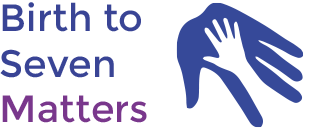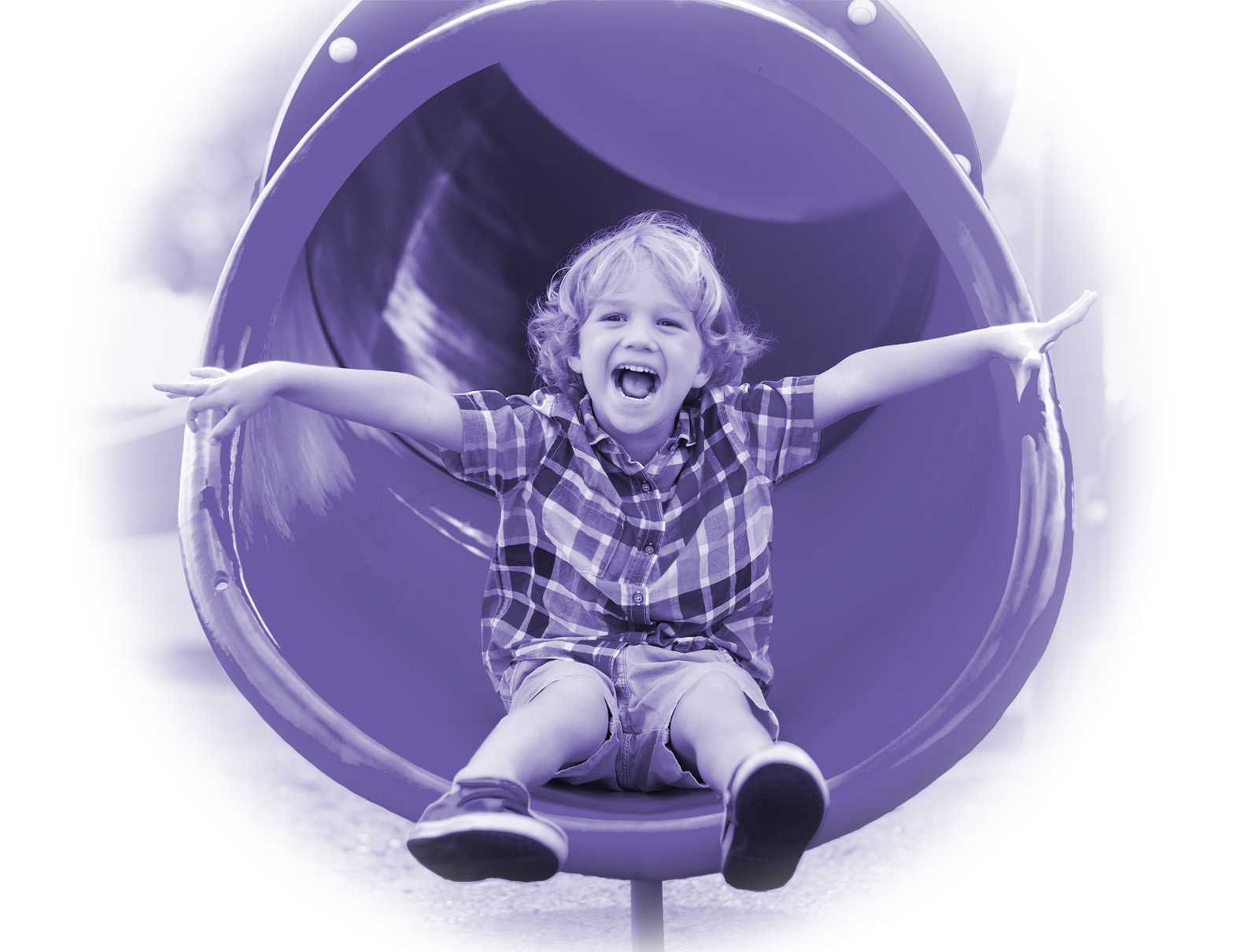Professional development, consultancy and research for those working in early childhood education and care.
We believe that everyone working with children aged birth to seven should have the chance to achieve their full potential and enjoy the benefits and pleasure of delivering high quality education and care.
We provide support and evidence-based courses specifically designed to meet clients’ needs.
We promote pedagogy and practices which provide children with experiences and opportunities known to impact on children’s outcomes; that is, experiences which support and enhance learning and development.

What is the Sustained Shared Thinking and Emotional Wellbeing (SSTEW) Scale?
The SSTEW scale is a Quality Rating Scale (QRS) – a tool to assess quality in Early Childhood Education and Care (ECEC). It is known to be predictive of child development, so using it to support quality improvement in a setting should result in enhancing children’s learning and development (see Howard et al., 2018). It is designed to measure and promote practice that supports children in developing skills in sustained shared thinking (SST) and emotional well-being (EW). It supports the development of strong relationships, effective communication, self-regulation and concept development.
The SSTEW scale looks at the quality of interactions that occur between the adults and the children and between the children themselves. It considers the responsiveness of the adults to the children and how they intentionally support children’s learning and development.
Fundamental to the SSTEW scale is the understanding that the adults need to know the children well and develop positive relationships with them in order to successfully engage in sustained shared thinking. In addition, they require a good understanding of the children’s current development, their cultural heritage and achievements, their feelings, behaviours, and responses to learning. An effective early childhood educator would need to be able to recognize when the children are thinking, and sensitively extend language, periods of concentration and support perseverance.
... this innovative scale describes educational practices that support the development of task focus, problem-solving and imagination... What this new scale adds to the current tool-kit of quality assessment is a welcome focus on well-being, self-regulation and the kind of focused thinking in children that is supported through sensitive interactions with others. The complex communication described so richly in the scale is multi-layered in its focus on the external world, the world of things and events, but also on the internal world of feelings and wishes.
Kathy Sylva, Professor of Educational Psychology, University of Oxford Tweet
Howard, S J, Siraj, I, Melhuish, E C, Kingston, D, Neilsen-Hewett, C, Rosnay, M, Duursma, E and Luu, B (2018) Measuring interactional quality in pre-school settings: Introduction and validation of the Sustained Shared Thinking and Emotional Wellbeing (SSTEW) scale. Early Child Development and Care. ISSN 0300-4430
Professional Development and training on the SSTEW scale
Our STTEW scale training is designed to support people who wish to use the Sustained Shared Thinking and Emotional Wellbeing (SSTEW) Scale for their own self-assessment, for audit/inspection and/or for research. It includes discussions of: the research on which it is based, what effective early years pedagogy, including relational and intentional pedagogy, consists of; strategies which support children’s learning; essential elements of child development knowledge which underlie the scale; as well as, discussing the technicalities of becoming familiar with and using the scale. It supports familiarisation of and use of the scale in the first instance, then continues to consider reliability in rating. For researchers and those engaged in auditing settings, we offer further training to achieve ‘gold standard’ status.
We have run professional development and training on and around the SSTEW scale in many different countries including: Australia, Germany, Hong Kong, Ireland, Japan, New Zealand, Norway, and all parts of the UK. We have supported settings who wish to make improvements across their setting to develop the use of STTEW as a self-assessment tool. We have trained researchers and those engaged in auditing ECEC settings to become reliable with their observations.
We have devised bespoke professional development for ECEC settings following the use of the SSTEW scale combined with other rating scales (e.g. Early Childhood Environment Rating Scales-Extension (ECERS-E), Movement Environment Rating Scales (MOVERS)), which identified areas for further development for them. Our training covers areas such as emergent mathematics, emergent literacy, science and exploration, movement play and personal, social and emotional development, including support for children’s self-regulation and metacognition.
We now have SSTEW scale training available online.
The SSTEW Scale is set to make a real contribution to EC professionals wanting to improve their pedagogy in support of advancing children’s learning, as well as serving researchers interested in early education method and the behaviours of adults as they bring everyday early childhood programme experiences to life with groups of young children.
Collette Tayler, Professor of Early Childhood Education and Care, University of Melbourne Tweet

